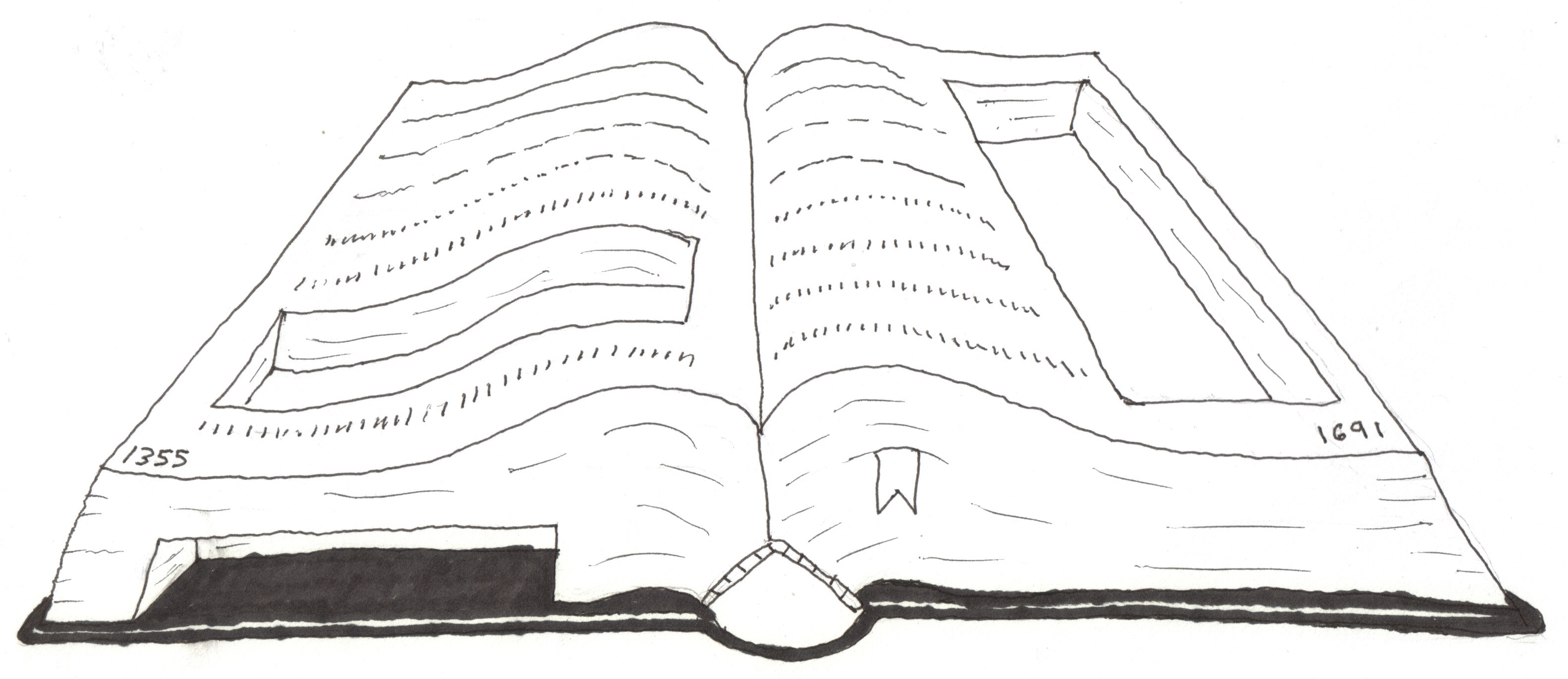"Behold,
I have told you in advance."
Chapter 2:
Scripture Must Be Taken As a Whole
This chapter is closely related to the previous chapter. It is when one keeps each verse in its proper context of where it is found along with the general context of the book it is in and the general context of the entire book of Scriptures, then in this way a true understanding of each passage can be arrived at and a fuller understanding of all of Scripture will be achieved.
Upon further examination of “How to Study the Scripture,” it is imperative that one keeps the unity of the Scriptures intact. For one to go into the Scriptures and pull out proof-texts is a sure way to get oneself into theological trouble. For one to prevent this calamity from occurring in one’s life, one must make a concerted effort to keep the Scriptures whole. In doing so there is a built-in safeguard that will allow one to understand the Scriptures more fully, as well as helping to keep one in a right relationship with YHWH. YHWH even commands us to do this, to keep the Scriptures whole and intact.
D’varim (Deuteronomy) 4:2
“You shall not add to the word which I command you, neither shall you take away from it, that you may keep the commandments of YHWH your Elohim which I command you.
This verse teaches that it would be difficult for one to keep the commandments of YHWH if one adds to or takes away from them. When a person or a group of people do either one of these prohibitions, i.e., if one adds to His commandments or takes away from His commandments, what the end result is that one ends up with something other than His commandments. In essence one will be following something made by man rather than His commandments.
A similar admonition is found in the Book of Revelation:
Gilyana (Revelation) 22:18,19
18 For I testify unto every man that hears the words of the prophecy of this book, If any man shall add to these things, YHWH shall add unto him the plagues that are written in this book;
19 and if any man shall take away from the words of the book of this prophecy, YHWH shall take away his part out of the book of life, and out of the holy city, and from the things which are written in this book.
While these verses in Revelation are speaking specifically about the book in which they are written, there is a basic Scriptural principle that can and must be gleaned from this passage, namely; the need of keeping the Scripture whole and intact. If, in fact, these are the “last days,” then this passage speaks directly to us today admonishing us to be careful how we handle Scripture.
One of the most common ways in which this principle and commandment is violated today by both houses of Israel, the house of Ephraim and the house of Judah, is through the adding of fences around His commandments. While the intent is noble, the actual outcome is to keep one away from His commandment and thus one is not able to keep the actual commandment.
Another way in which this commandment is frequently broken is through the traditions of man. These traditions both add to and take away from His commandments. Now it is not wrong for us to keep traditions if they do not cause us to violate His commandments. But the thing about traditions is that we cannot make them binding upon one another. In other words, they are not enforceable. We do not and therefore should not make any attempt in any fashion to manipulate others into keeping a tradition. If a person chooses not to keep a tradition this does not make them any less a part of His kingdom. We must be careful that we do not treat someone in a lesser way if he chooses not to keep certain traditions.
For example, there are many beautiful traditions in Judaism. Many of these traditions actually point to Mashiach. However, these traditions are simply that, traditions. They are not commandments. Therefore, these traditions, as beautiful and instructive as they may be, and regardless of how much truth they might contain, these traditions cannot be bound upon His people. Making an attempt to do so is adding to His commandments, which is a direct violation of His commandments.
There is one other Scripture passage needs to be addressed in this chapter. This is a parenthetical thought that Yeshua inserts as He is teaching the religious leaders during the time of His earthly ministry.
Yochanan (John) 10:35b
“And the scripture cannot be broken.”
Yeshua is teaching two truths in this short but clear thought. First, that if it is within the written word, then, it will be fulfilled, i.e., come to pass. Second, all YHWH’s word is true and is to be believed. Thus, Yeshua gives a very strong admonition to keep the Scripture whole.


